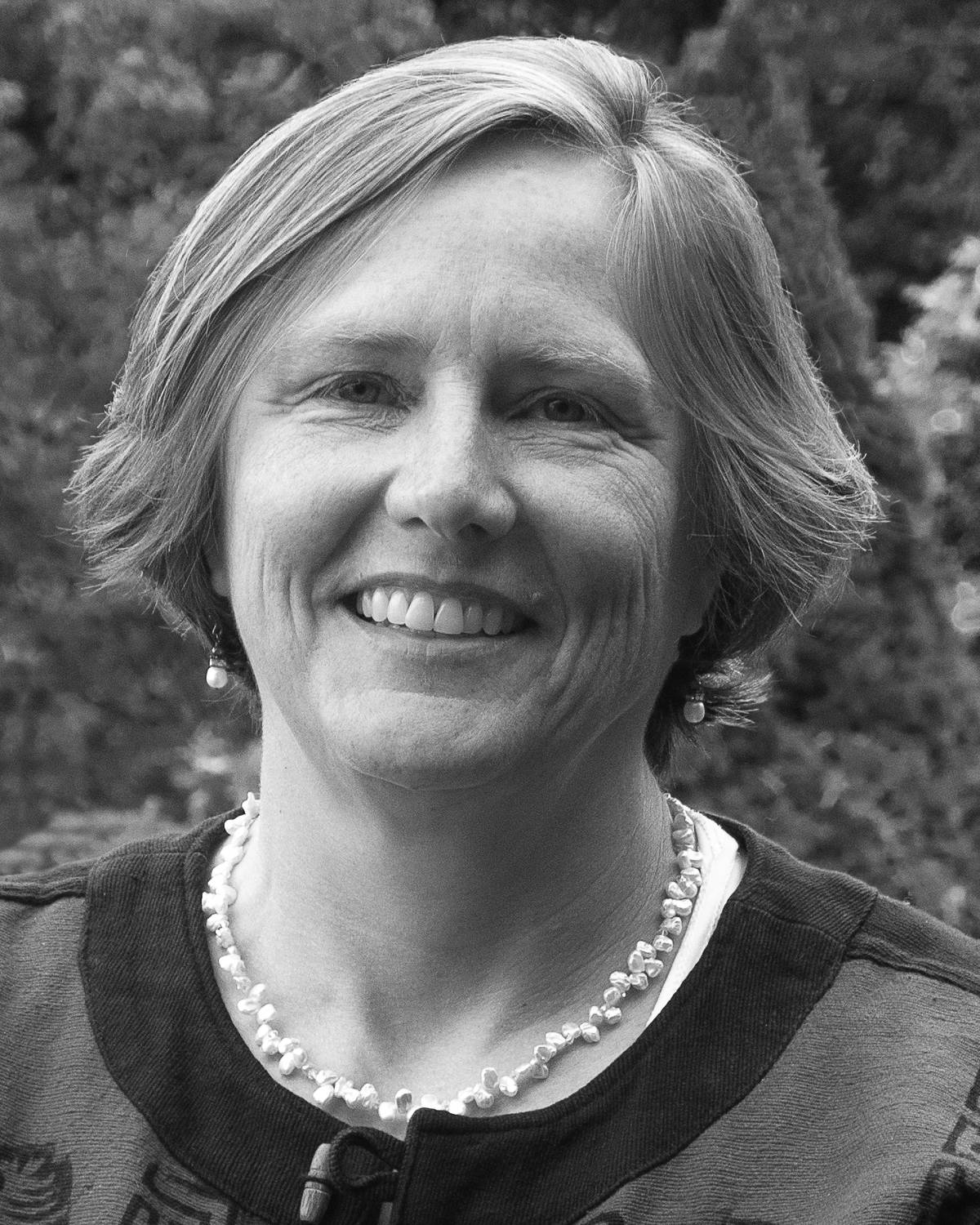Each week I read the Letters to the Editor in the Homer News with interest so I can gain insights into the varied perspectives of Homer area residents on the issues of the day. I especially learn from those who have points of view different from my own.
In recent months, I have carefully read the letters from Mr. Greg Sarber, including tracking down some of the references he makes. In the April 29, 2021, issue of the Homer News, Mr. Sarber included a web address for an article he said “was recently released by the National Center for Biotechnology Information, which is part of the National Institute [sic] of Health.” He goes on to write, “This paper essentially blows up the entire mask argument. It concludes that masks have no measurable benefit in preventing COVID-19 virus transmission between humans and cause significant adverse health side effects.”
Intrigued, I typed the web address into my browser. Instead of the full paper, the page declared in bold type, “RETRACTED: Facemasks in the COVID-19 era: A health hypothesis.” The page, posted by the publisher, Elsevier, included a statement that the article was retracted at the request of the Editor-in-Chief of the journal Medical Hypotheses. The information states, “Medical Hypotheses serves as a forum for innovative and often disruptive ideas in medicine and related biomedical sciences. However, our strict editorial policy is that we do not publish misleading or inaccurate citations to advance any hypotheses.”
Elsevier listed four reasons that the journal’s Editorial Committee concluded that the author’s hypothesis was misleading. Paraphrasing, the four points include the following: a broader review of existing scientific evidence shows approved masks are an effective prevention for COVID-19 transmission; the paper misquotes and selectively cites published papers; the data presented in the paper are unverified, including several speculative statements; and the author is not affiliated with the organization he submitted. How a paper with these significant failings made it through a peer-review process to publication is beyond the comprehension of this scientist. The statement retracting the article concludes that “The journal has re-designed its editorial and review workflow to ensure that this will not happen again in [the] future. The Editor-in-Chief and the Publisher would like to apologize to the readers of The Journal for difficulties this issue has caused.”
For those who are interested in more background, Reuters, factcheck.org, USA Today, Forbes and other news organizations have recently written about the retracted paper.
So, what does the retracted paper say about the National Institutes of Health (NIH) and the National Center for Biotechnology Information (NCBI)? As part of NIH, NCBI is under the National Library of Medicine. As stated on its home page, “The National Center for Biotechnology Information advances science and health by providing access to biomedical and genomic information.” More succinctly, NCBI is a library for researchers in the biotechnology field. The retracted paper is not a product of or endorsed by NCBI or NIH. The paper was posted there as a resource.
Sarber ends his letter to the editor with the comment, “As Dr. Fauci always says, you must follow the science.” I wholeheartedly agree with Mr. Sarber’s conclusion. And in addition to following the science, we need to check the veracity of our sources of information. We need to exhibit media literacy. We need to challenge ourselves to get out of the rut of confirmation bias. What would happen if all of us, and I’m definitely including myself here, purposefully sought out multiple sources of information when something we read or hear fits too neatly into our current way of thinking? The best science comes when scientists challenge each other professionally, which is the purpose of the journal “Medical Hypotheses.” Are we up to the challenge of considering different perspectives in our community with open minds? I hope we are.
Donna Aderhold is a wildlife biologist interested in improving human connections through community dialogue.


